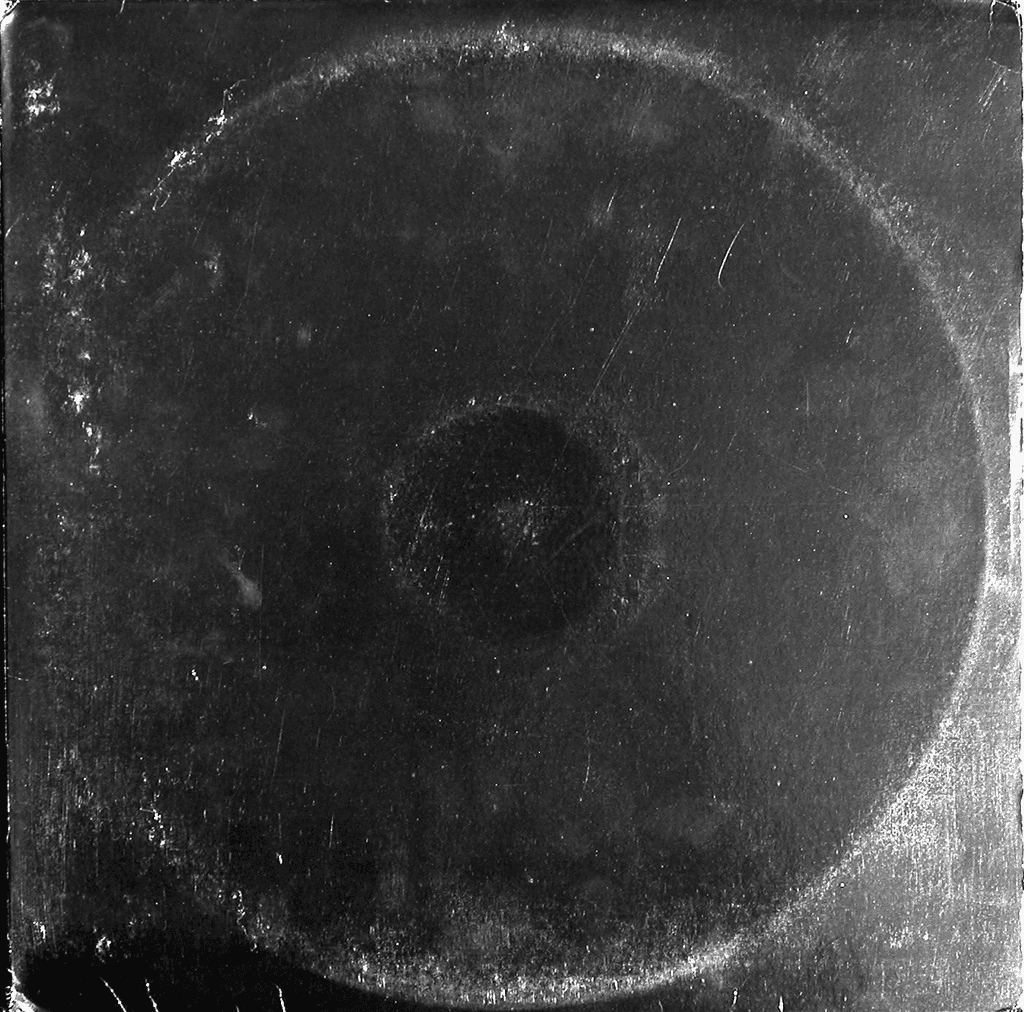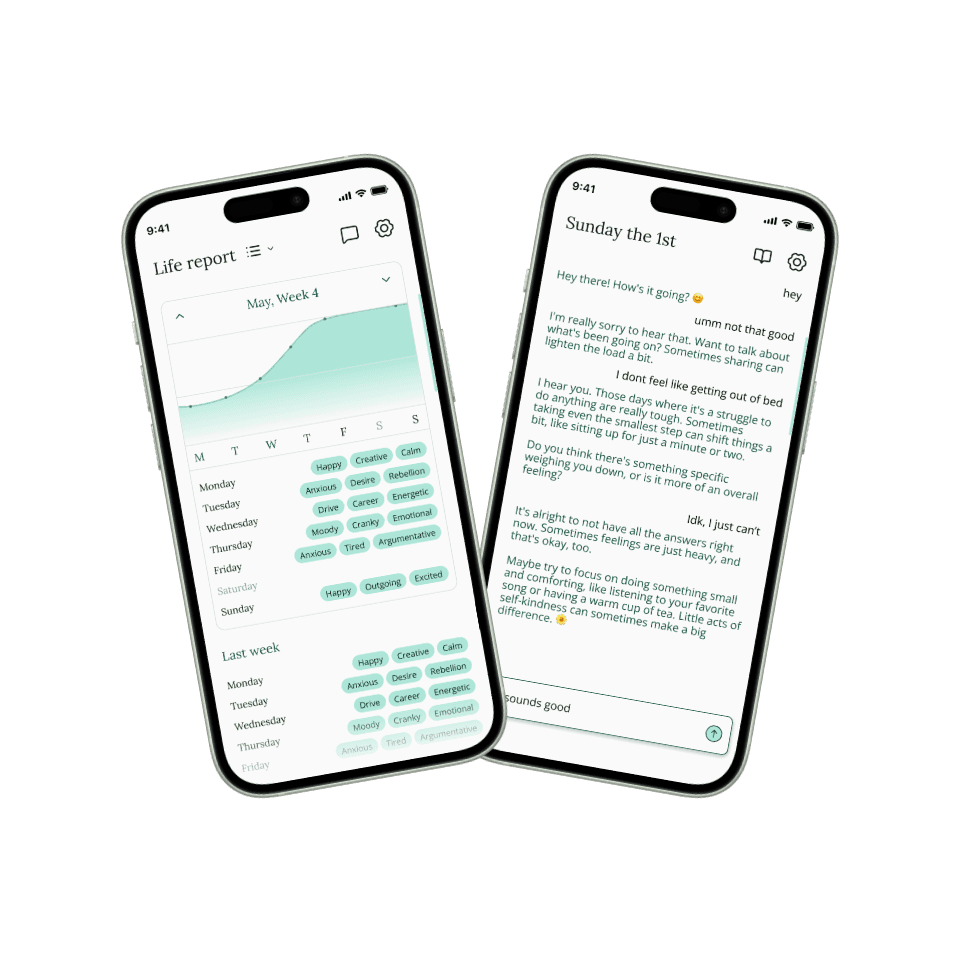
What Constitutes a Good Therapy Session? 5 Essential Elements
What Constitutes a Good Therapy Session? 5 Essential Elements
Sep 23, 2024
Sep 23, 2024
Entering therapy can be a significant step towards personal growth and mental well-being. However, not all therapy sessions are created equal. Understanding what makes a good therapy session can help you make the most of your time and investment. In this guide, we'll explore five key elements that contribute to a productive and beneficial therapy experience.
The Foundation: 5 Key Elements of a Good Therapy Session
1. A Safe and Comfortable Environment
The cornerstone of a good therapy session is a setting that promotes openness and trust:
A private space free from interruptions
Comfortable seating arrangements
An atmosphere that encourages open dialogue
Your therapist should prioritize creating an environment where you feel secure enough to express yourself freely.
2. Effective Communication and Active Listening
Good therapy relies on clear, two-way communication:
Your therapist demonstrates attentive listening skills
You feel genuinely heard and understood
There's a balanced exchange of thoughts and ideas
The therapist asks insightful questions to deepen understanding
This mutual engagement fosters a strong therapeutic alliance.
3. Focused and Goal-Oriented Discussions
A productive therapy session has a clear direction:
You and your therapist establish objectives for each session
Conversations remain relevant to your therapeutic goals
There's a sense of progress towards addressing your concerns
While some flexibility is natural, maintaining focus helps ensure that your therapy remains purposeful.
4. Emotional Exploration and Processing
A good therapy session provides space for emotional depth:
You feel comfortable expressing a range of emotions
Your therapist helps you explore and understand your feelings
Both positive and challenging emotions are addressed
This emotional exploration is often where significant insights and growth occur.
5. Practical Strategies and Techniques
Effective therapy sessions often include actionable guidance:
Your therapist offers evidence-based coping strategies
You learn new skills to manage your mental health
Between-session activities may be suggested to reinforce learning
These practical elements help you apply therapeutic insights to your daily life.
Maximizing the Benefits: Your Role in a Good Therapy Session
As a client, you play a crucial part in creating a productive therapy experience:
Be Open and Honest: Share your thoughts and feelings candidly.
Come Prepared: Reflect on what you want to discuss before each session.
Engage Actively: Participate fully in the conversation and ask questions.
Apply Learning Between Sessions: Practice new skills in your daily life.
Provide Feedback: Communicate with your therapist about what's working and what isn't.
Indicators of Progress in Therapy
A series of good therapy sessions should lead to noticeable improvements:
Enhanced emotional regulation
Improved interpersonal relationships
Increased self-awareness and self-esteem
Reduction in symptoms that initially brought you to therapy
Development of effective coping mechanisms
Frequently Asked Questions About Good Therapy Sessions
What is the typical duration of a good therapy session?
Most therapy sessions last between 45 to 60 minutes. However, the quality of the interaction is more important than its duration.
How frequently should therapy sessions be scheduled for optimal results?
The frequency of sessions varies based on individual needs. Weekly sessions are common, but your therapist may recommend a different schedule tailored to your situation.
What should I do if I feel my therapy sessions aren't productive?
If you consistently feel that your therapy sessions aren't meeting your needs, it's important to discuss your concerns with your therapist. A skilled therapist will be receptive to feedback and willing to adjust their approach.
Can online therapy sessions be as effective as in-person sessions?
Yes, for many issues, online therapy can be just as effective as in-person therapy. The key elements of a good therapy session can be achieved in both settings.
How many therapy sessions are typically needed to see improvement?
The number of sessions required varies widely depending on the individual and the issues being addressed. Some people notice improvements after a few sessions, while others may benefit from longer-term therapy.
Remember, the journey through therapy is unique for each individual. What defines a good therapy session may vary from person to person, but the most important factor is that you feel supported, understood, and are making progress towards your goals.
If you're considering therapy, reach out to a qualified mental health professional in your area. Taking this step can be the beginning of a transformative journey towards better mental health and personal growth.
Entering therapy can be a significant step towards personal growth and mental well-being. However, not all therapy sessions are created equal. Understanding what makes a good therapy session can help you make the most of your time and investment. In this guide, we'll explore five key elements that contribute to a productive and beneficial therapy experience.
The Foundation: 5 Key Elements of a Good Therapy Session
1. A Safe and Comfortable Environment
The cornerstone of a good therapy session is a setting that promotes openness and trust:
A private space free from interruptions
Comfortable seating arrangements
An atmosphere that encourages open dialogue
Your therapist should prioritize creating an environment where you feel secure enough to express yourself freely.
2. Effective Communication and Active Listening
Good therapy relies on clear, two-way communication:
Your therapist demonstrates attentive listening skills
You feel genuinely heard and understood
There's a balanced exchange of thoughts and ideas
The therapist asks insightful questions to deepen understanding
This mutual engagement fosters a strong therapeutic alliance.
3. Focused and Goal-Oriented Discussions
A productive therapy session has a clear direction:
You and your therapist establish objectives for each session
Conversations remain relevant to your therapeutic goals
There's a sense of progress towards addressing your concerns
While some flexibility is natural, maintaining focus helps ensure that your therapy remains purposeful.
4. Emotional Exploration and Processing
A good therapy session provides space for emotional depth:
You feel comfortable expressing a range of emotions
Your therapist helps you explore and understand your feelings
Both positive and challenging emotions are addressed
This emotional exploration is often where significant insights and growth occur.
5. Practical Strategies and Techniques
Effective therapy sessions often include actionable guidance:
Your therapist offers evidence-based coping strategies
You learn new skills to manage your mental health
Between-session activities may be suggested to reinforce learning
These practical elements help you apply therapeutic insights to your daily life.
Maximizing the Benefits: Your Role in a Good Therapy Session
As a client, you play a crucial part in creating a productive therapy experience:
Be Open and Honest: Share your thoughts and feelings candidly.
Come Prepared: Reflect on what you want to discuss before each session.
Engage Actively: Participate fully in the conversation and ask questions.
Apply Learning Between Sessions: Practice new skills in your daily life.
Provide Feedback: Communicate with your therapist about what's working and what isn't.
Indicators of Progress in Therapy
A series of good therapy sessions should lead to noticeable improvements:
Enhanced emotional regulation
Improved interpersonal relationships
Increased self-awareness and self-esteem
Reduction in symptoms that initially brought you to therapy
Development of effective coping mechanisms
Frequently Asked Questions About Good Therapy Sessions
What is the typical duration of a good therapy session?
Most therapy sessions last between 45 to 60 minutes. However, the quality of the interaction is more important than its duration.
How frequently should therapy sessions be scheduled for optimal results?
The frequency of sessions varies based on individual needs. Weekly sessions are common, but your therapist may recommend a different schedule tailored to your situation.
What should I do if I feel my therapy sessions aren't productive?
If you consistently feel that your therapy sessions aren't meeting your needs, it's important to discuss your concerns with your therapist. A skilled therapist will be receptive to feedback and willing to adjust their approach.
Can online therapy sessions be as effective as in-person sessions?
Yes, for many issues, online therapy can be just as effective as in-person therapy. The key elements of a good therapy session can be achieved in both settings.
How many therapy sessions are typically needed to see improvement?
The number of sessions required varies widely depending on the individual and the issues being addressed. Some people notice improvements after a few sessions, while others may benefit from longer-term therapy.
Remember, the journey through therapy is unique for each individual. What defines a good therapy session may vary from person to person, but the most important factor is that you feel supported, understood, and are making progress towards your goals.
If you're considering therapy, reach out to a qualified mental health professional in your area. Taking this step can be the beginning of a transformative journey towards better mental health and personal growth.
View more insightful blog articles
Today's tune



Track your mental health and get support between sessions with Verba
Learn more

Track your mental health and get support between sessions with Verba
Learn more

Track your mental health and get support between sessions with Verba
Learn more

Advait Naik
Advait is the founder of Verba and is working at the intersection of psychology, design and technology to create Verba, an app that helps us be more self aware through clarity and communicate our life in therapy